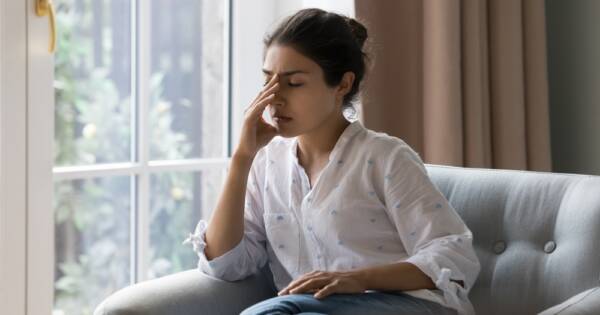Psoriasis is a chronic autoimmune condition that accelerates the skin cell life cycle, leading to scaling, inflammation, and discomfort. When it affects the scalp, the impact can extend beyond visible irritation, disrupting scalp health and even contributing to hair loss. Because the scalp plays a vital role in supporting hair growth, understanding how psoriasis interferes with its normal function is essential for managing symptoms and protecting long-term hair health.
Scalp Psoriasis: More Than Just Flaking Skin
Scalp psoriasis is one of the most common forms of psoriasis, with studies suggesting that nearly half of people living with psoriasis will experience it at some point. It often appears as raised, reddish patches covered in silvery-white scales. While mild cases may resemble dandruff, moderate to severe psoriasis can cover larger areas of the scalp, sometimes extending to the forehead, neck, or behind the ears.
The condition is not contagious, but the visible symptoms can be distressing and affect confidence. Beyond appearance, scalp psoriasis creates an unhealthy environment for hair follicles due to persistent inflammation, itching, and skin buildup.
The Role of Inflammation in Scalp Health
Inflammation is at the core of psoriasis. On the scalp, it causes redness, swelling, and irritation that weaken the skin barrier. This disruption affects the scalp’s ability to maintain proper hydration and protect against external irritants, leaving it more sensitive and prone to damage.
Because hair follicles are rooted in the skin, chronic inflammation can interfere with their function. Persistent irritation increases the risk of temporary hair shedding and makes the scalp more reactive to scratching, picking, or harsh hair treatments.
How Psoriasis Leads to Hair Loss
While psoriasis does not directly damage hair follicles in the way some conditions do, it creates circumstances that make hair loss more likely:
- Itching and scratching: Intense itchiness often compels scratching, which can physically loosen hairs and traumatize follicles.
- Thick scaling: Heavy buildup on the scalp can trap hair shafts, pulling them out when scales are removed.
- Inflammatory environment: Ongoing irritation makes follicles less stable and more prone to shedding.
- Stress connection: The emotional toll of psoriasis can worsen flare-ups, and stress itself is a known contributor to hair loss.
Most hair loss linked to scalp psoriasis is temporary. Once inflammation is controlled and the scalp heals, hair typically grows back. However, repeated trauma over long periods can lead to more persistent thinning in some individuals.
The Psychological Burden
The visibility of scalp psoriasis can add to the distress of hair loss. People often worry that others will mistake the flakes for poor hygiene, compounding feelings of embarrassment. This can reduce willingness to socialize or participate in activities, creating a cycle where emotional stress triggers flare-ups, and flare-ups heighten stress. Addressing both the physical and psychological impact is critical for effective management.
Treatment Approaches to Protect Hair and Scalp
Managing scalp psoriasis requires a combination of medical treatments and gentle hair care strategies:
- Topical treatments: Medicated shampoos with coal tar, salicylic acid, or corticosteroids help reduce scaling and inflammation.
- Prescription therapies: For moderate to severe cases, dermatologists may prescribe biologics or systemic medications that target immune system activity.
- Moisturizing routines: Hydrating oils or conditioners soften scales and ease itching, making removal less traumatic to the hair.
- Careful handling: Avoiding aggressive combing, scratching, or frequent use of heat styling tools protects fragile hairs.
Early and consistent treatment not only relieves discomfort but also minimizes the risk of unnecessary hair loss.
Lifestyle and Self-Care Considerations
In addition to medical treatments, lifestyle changes can support scalp and hair health. Stress management through relaxation techniques, yoga, or counseling helps reduce flare-ups.
Choosing gentle, fragrance-free hair care products prevents irritation. A balanced diet rich in anti-inflammatory foods may also improve overall skin health. By addressing both internal and external triggers, individuals can better maintain scalp balance and resilience.
Looking Ahead: Hope for Scalp and Hair Recovery
Though scalp psoriasis can cause distressing hair shedding, most cases do not lead to permanent hair loss. By controlling inflammation, maintaining gentle scalp care, and addressing psychological impacts, many people see both their skin and hair health improve significantly.
Ongoing advances in biologic therapies and topical innovations continue to offer more options for relief. With the right approach, individuals can manage flare-ups effectively while supporting a healthier scalp environment for hair regrowth.




